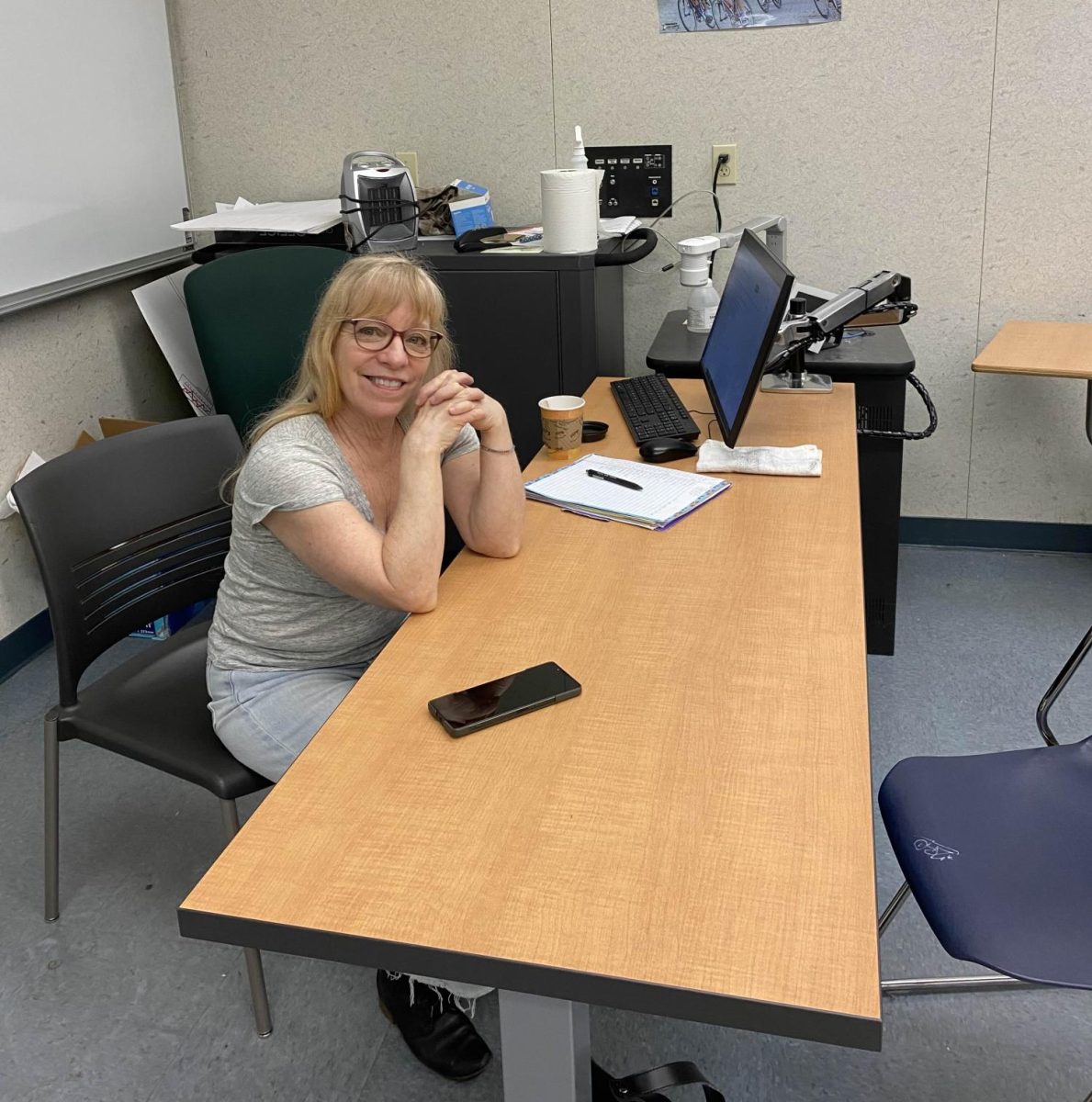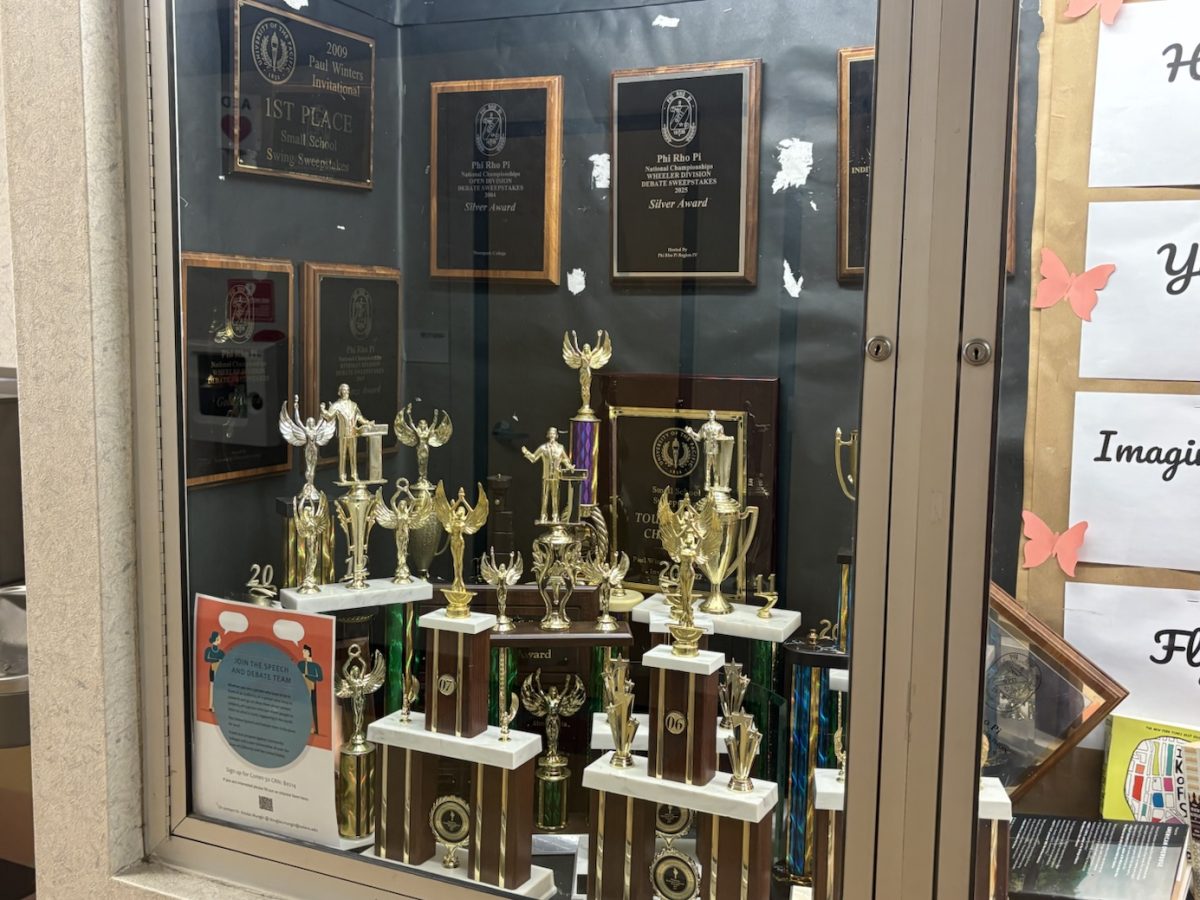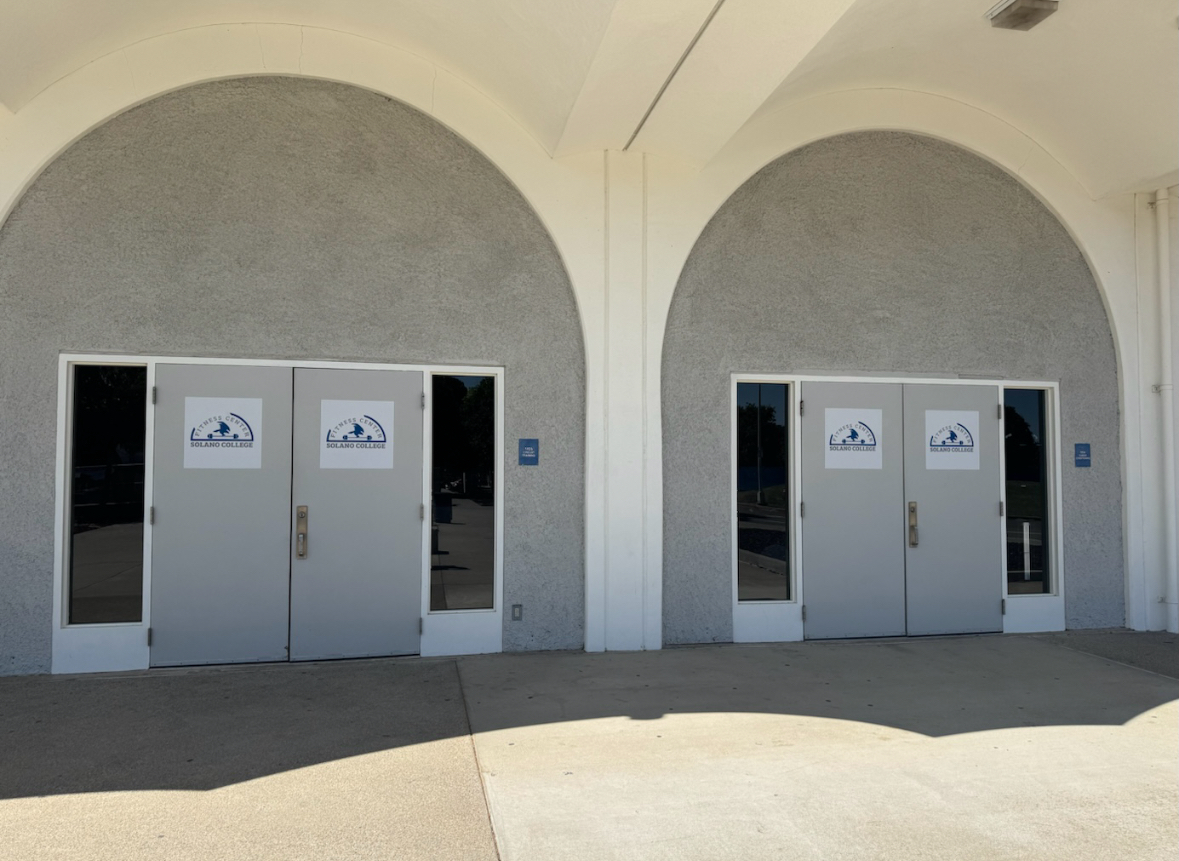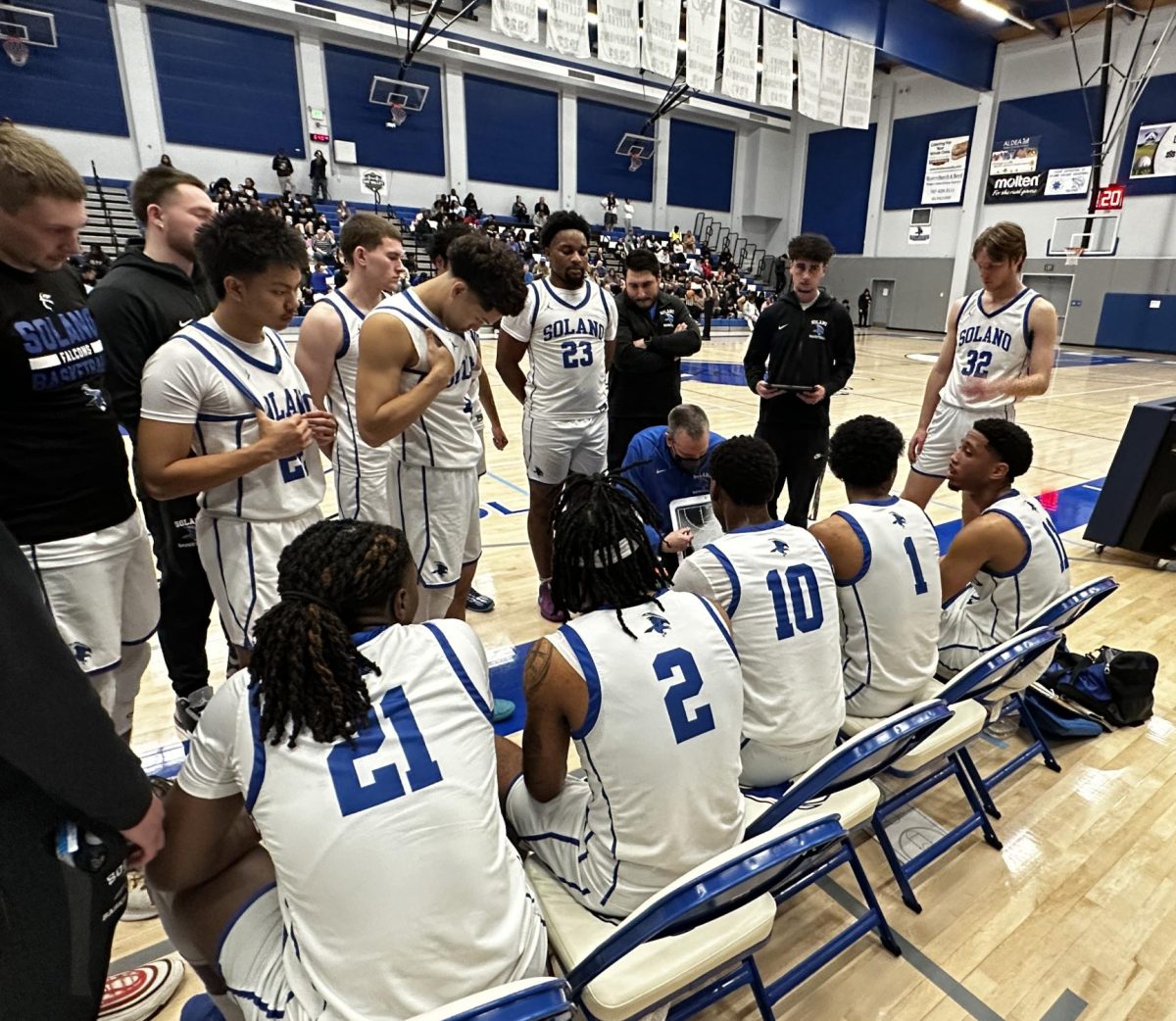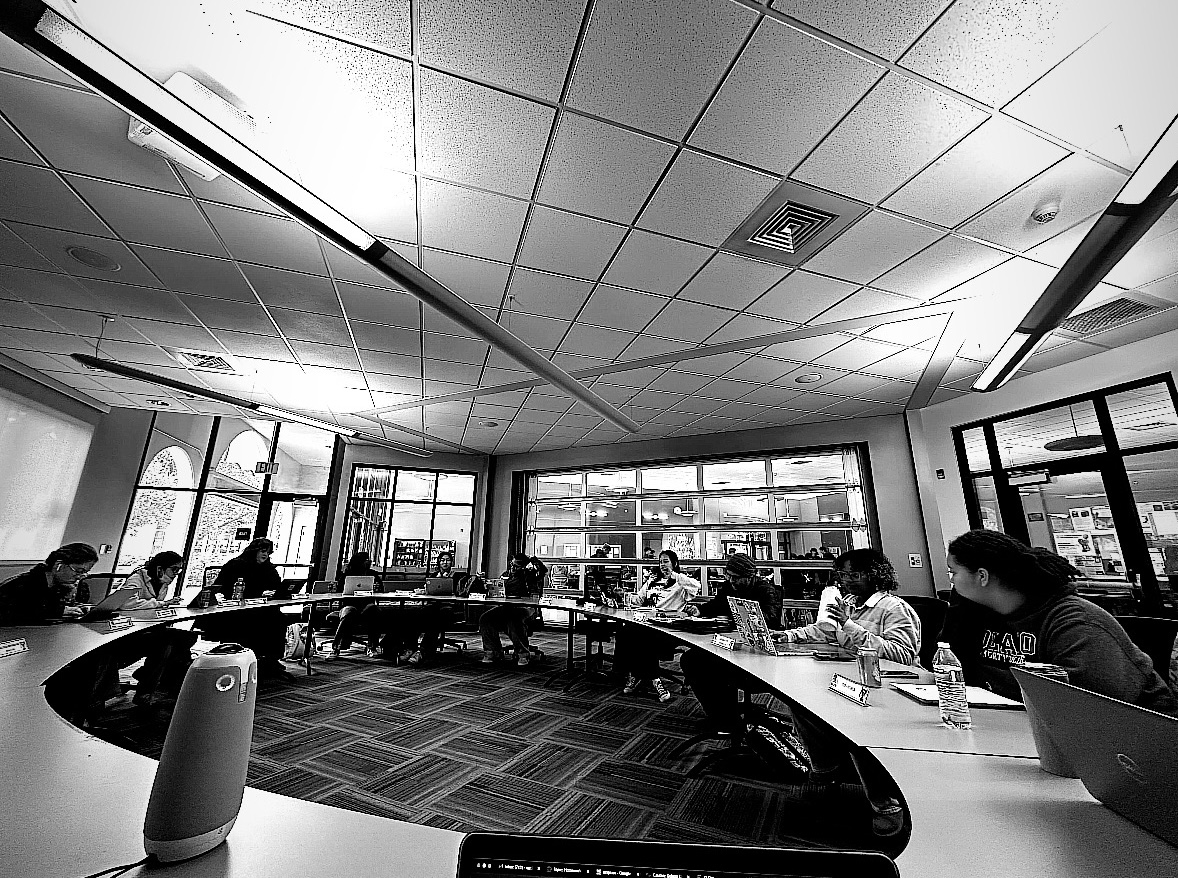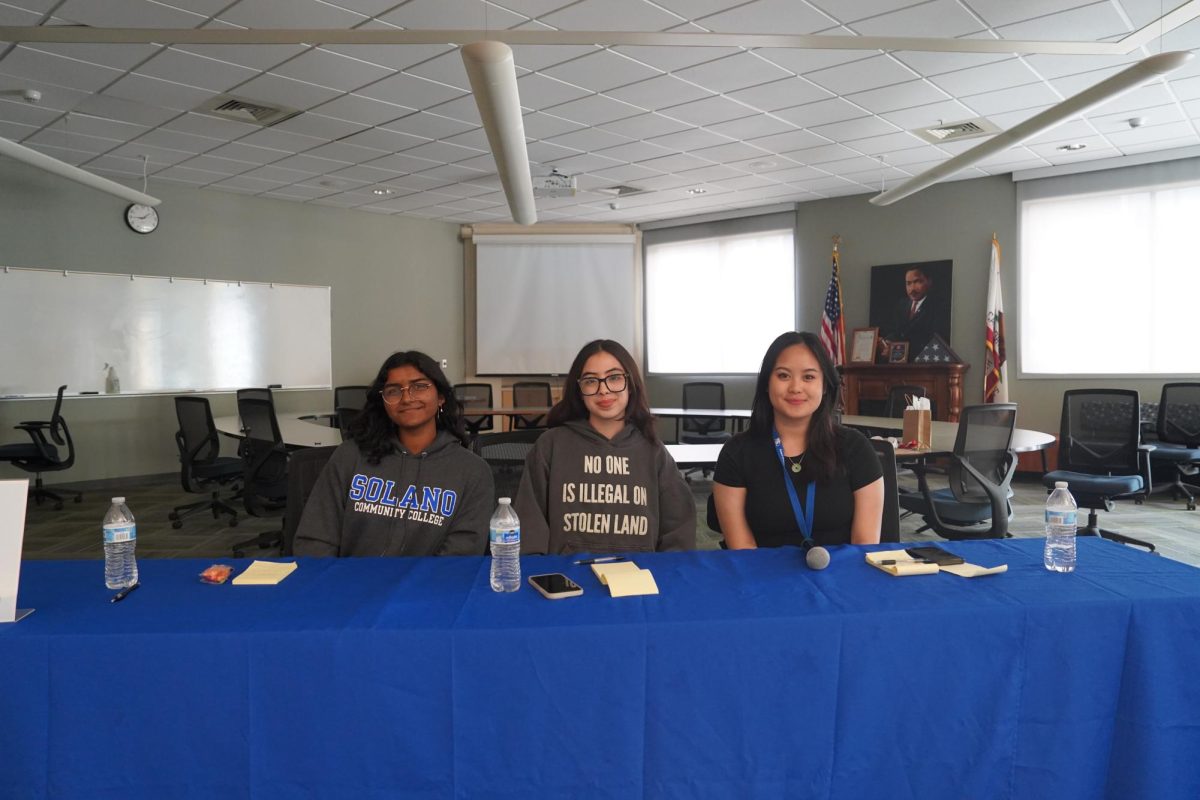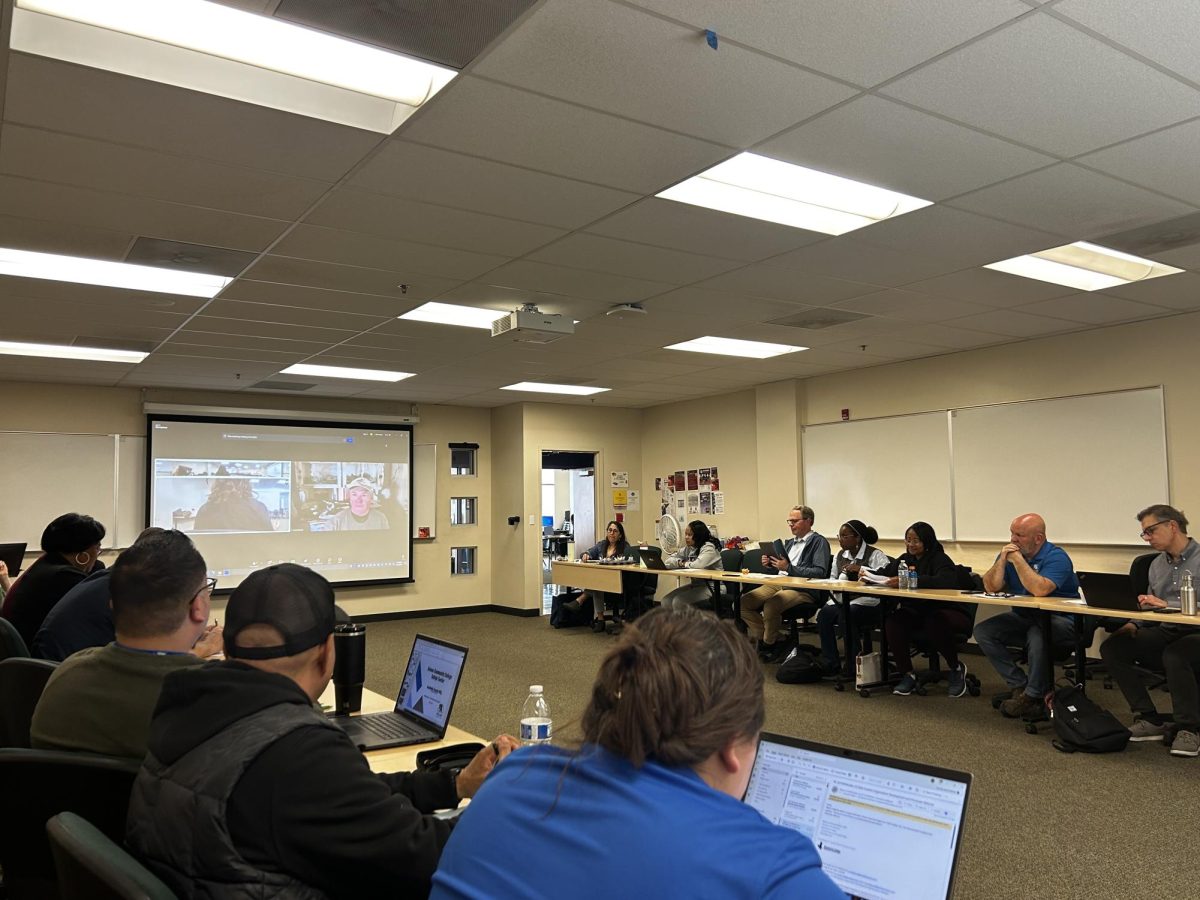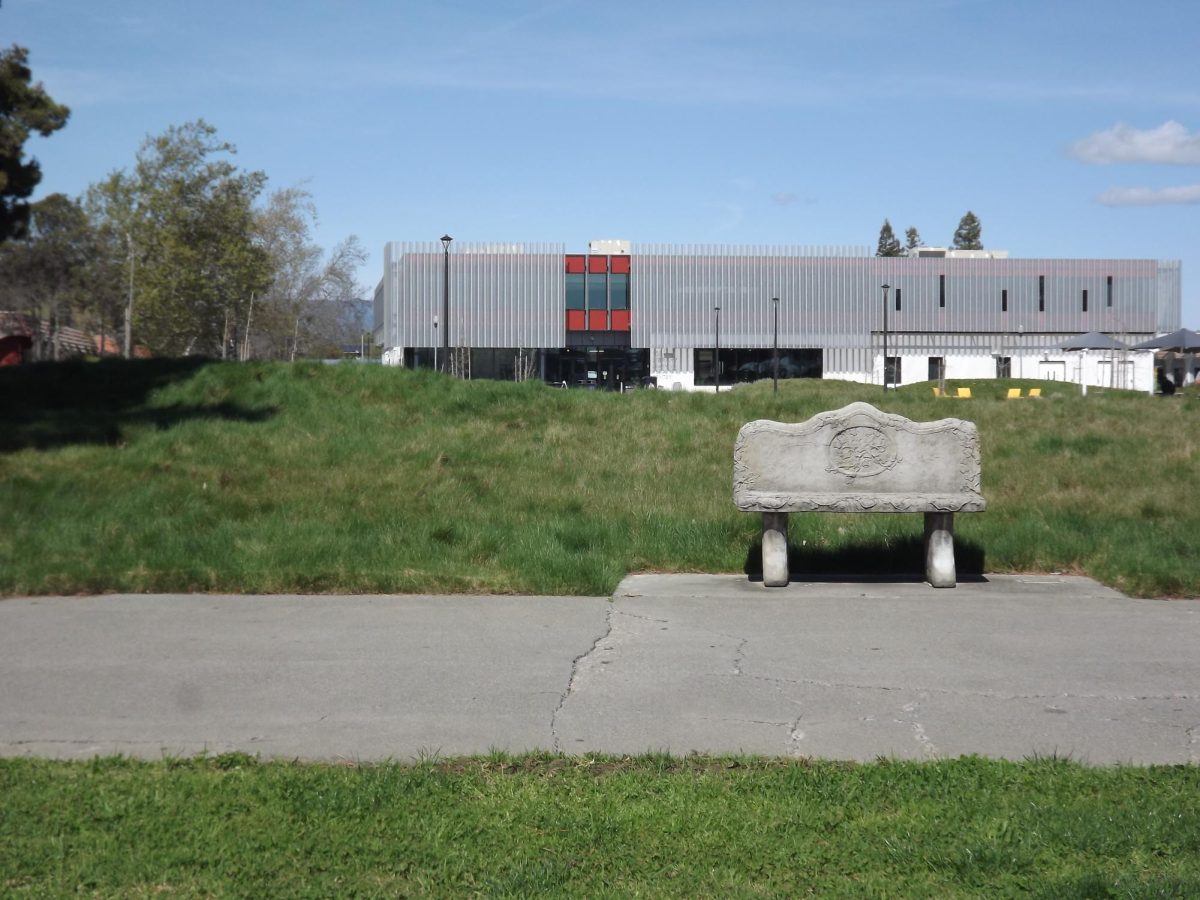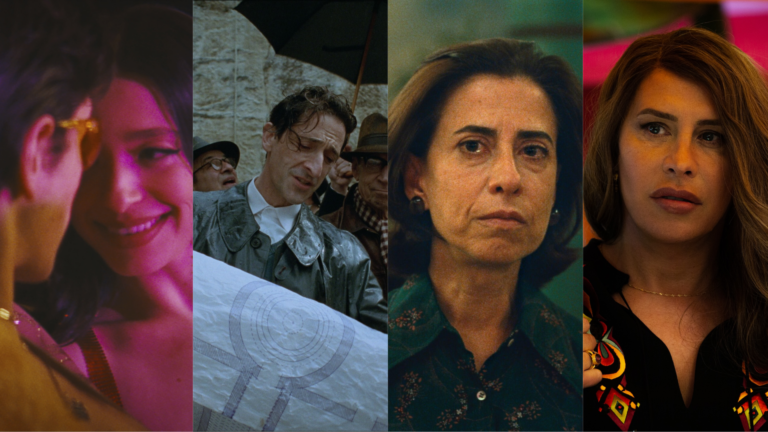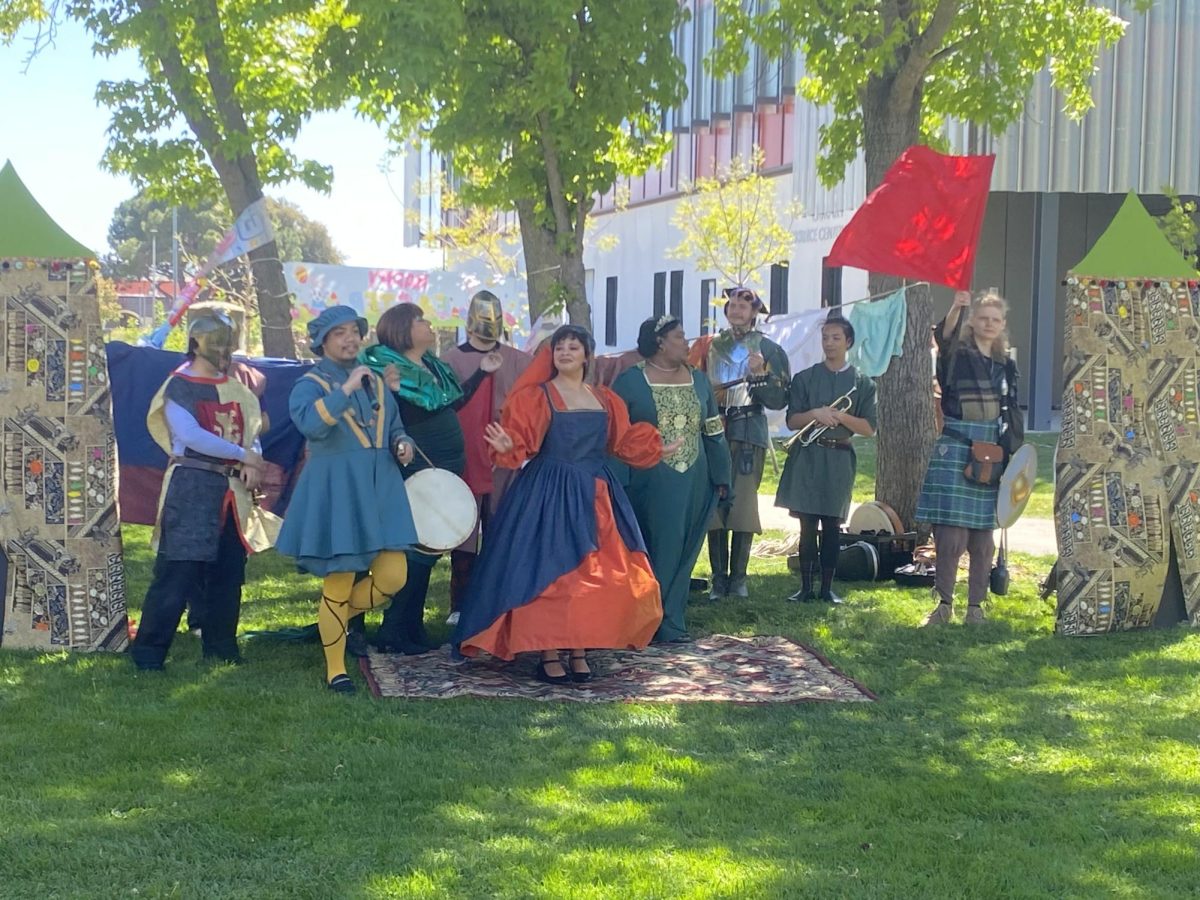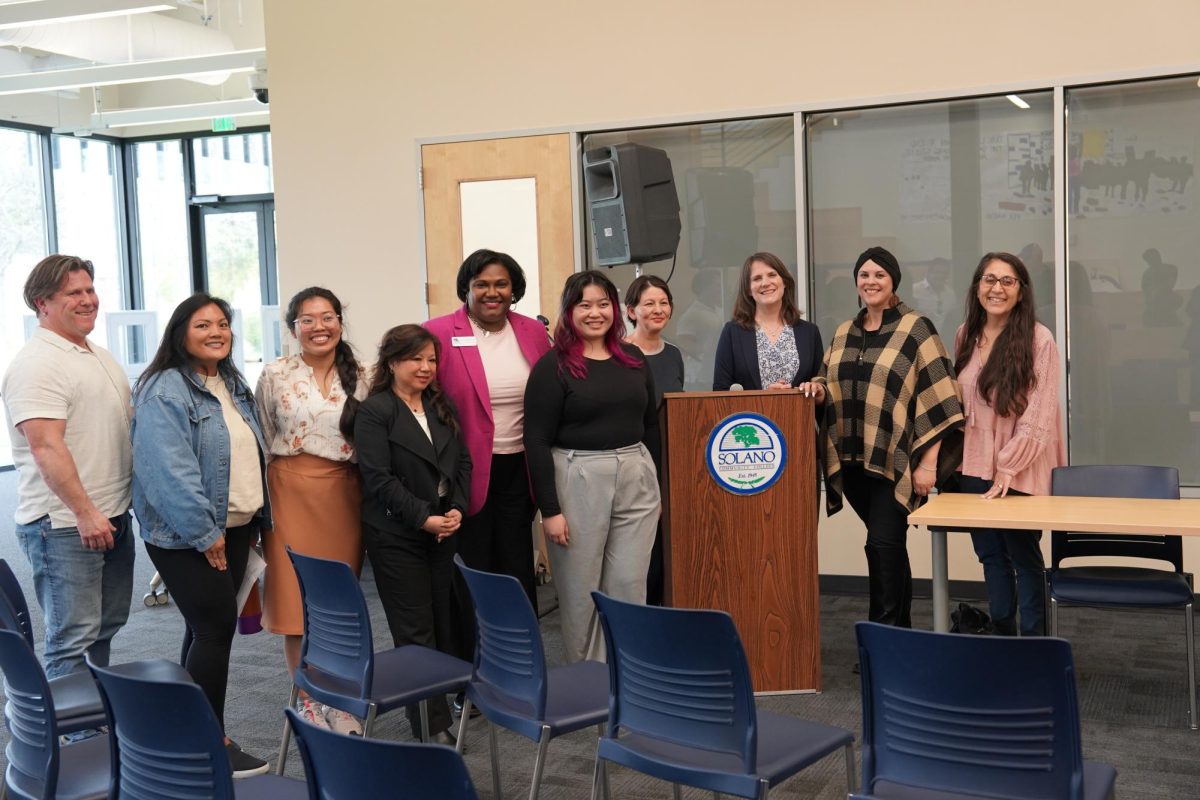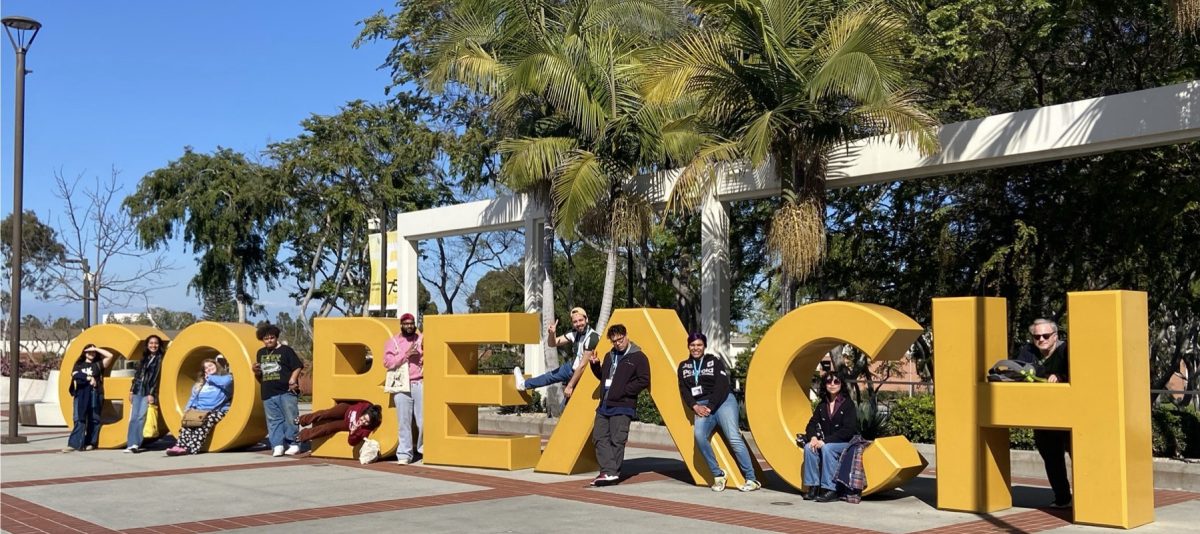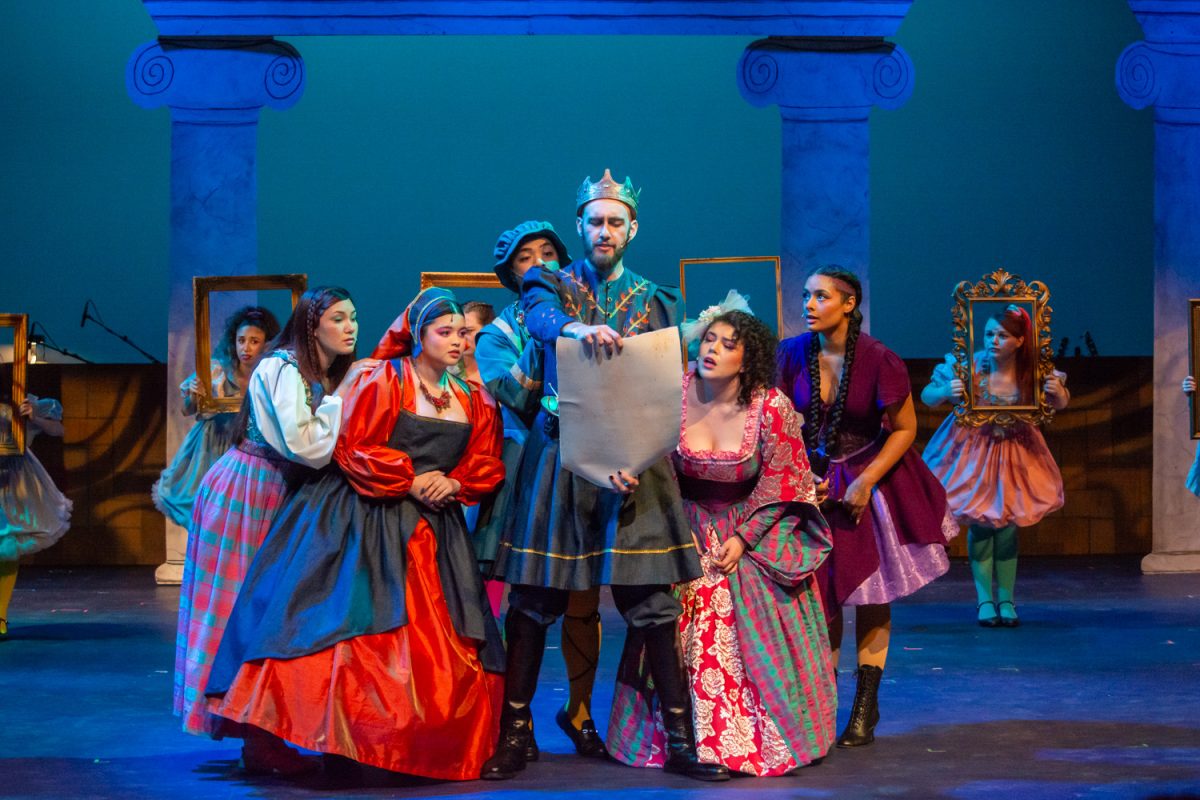The Academy Awards go far beyond the glamour of Hollywood; they reflect cultural changes, social progress, and global debates that directly impact how we consume and produce art. For the student community at Solano Community College, the Oscars serve as a window into cinematic diversity, a barometer of contemporary discussions, and an inspiration for those who dream of working in the entertainment industry, from journalism to audiovisual production.
This year, diverse cinema was one of the major winners throughout the awards. Brazil shone on the Academy stage with the victory of the film “I’m Still Here” in the Best International Feature category, marking a historic moment for Latin American cinema. Directed by Walter Salles, the film tells a story of struggle and memory, revisiting a dark period in Brazilian history and celebrating the resilience of its protagonists.
Additionally, the Oscar night was also a stage for demonstrations about war and colonization. Daryl Hannah announced “Slava Ukraini!” before her speech began, which translates to “Glory for Ukraine” in eastern slavic. This was done to raise awareness for the Ukrainian war after the controversial clash at the white house on February 28th.
Another remarkable moment was the victory of the documentary “No Other Land,” co-directed by Basel Adra and Yuval Abraham. The film highlights the history of the Palestinian genocide, the modern colonization of Masafer Yatta on the West Bank, and the friendship between a Palestinian activist, Adra, and Israeli journalist, Abraham.
Overall, this year’s ceremony was a mix of emotional speeches, unexpected wins, and thought-provoking moments. The recognition of diverse voices and perspectives showcased the evolving nature of the film industry.
While some criticized the event for its lengthy runtime and occasional predictable winners, the celebration of international and independent cinema was a highlight. It was a night that reminded us of the transformative power of storytelling and the ability of films to bridge cultures and spark important conversations.
These moments show that the Oscars are more than just an award ceremony; they are a mirror of society and a source of reflection on issues that transcend the screen. For students at Solano Community College, they also represent an opportunity to understand the impact of art in shaping identities, narratives, and social change.

